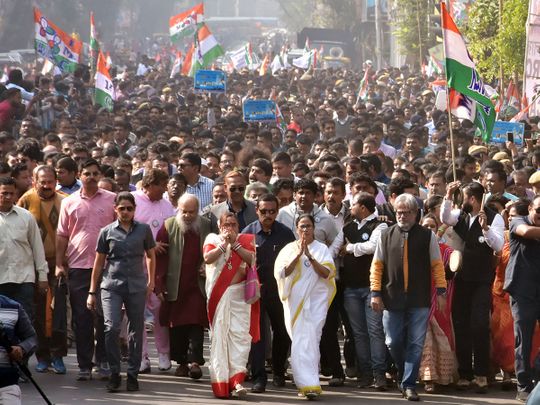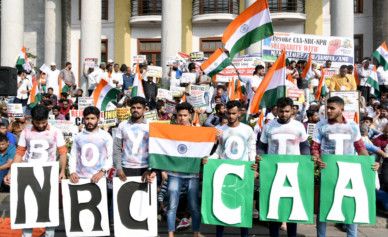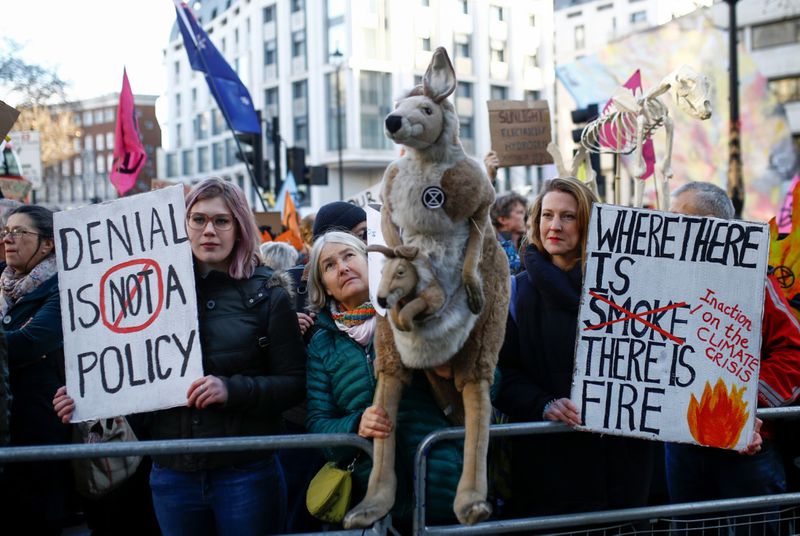
What notions do we set for children?
The books we pick out for our children while shopping perfectly exemplify our obsession with protecting their optimism. Through literature, we feed them an overwhelming narrative of good triumphing over evil: Cinderella’s glass slipper fits, Winnie the Pooh lands in the Enchanted Place, and Snape saves the day... that’s how the world works right?
We need to change the way we write for children. Teenagers in unsanitary workshops probably stitched Cinderella’s sandals. Winnie the Pooh could be encaged to have his stomach bile extracted. Now, don’t get me wrong, we do not need to make these harsh realities the subject of our fairy tales. However, as someone who spent a lot of her childhood reading, I think I should have been told that the bad guys do sometimes win in the end.
We make children read to foster their linguistic and creative development, and to convey to them a moral code. These stories provide them with an ethical roadmap. Doctor Arlene Pillar, specialist in literary programs, wrote of how children can be influenced “emotionally, attitudinally, and intellectually by what they read” – an influence that persists in even their later stages of development. Why do we feel the need, to make our nuanced portrayals of good and evil always close with the platitude of happily ever after?

Child psychologist Bruno Bettelheim outlines that the utility of happy endings lies in them not relying on “abstract ethical concepts” but rather “that which seems tangibly right and therefore meaningful” to the child. What this narrative stifles is characters who make the right decisions, attempt genuinely and repeatedly to do good, yet fail miserably. What it silences is that the murkier, less pleasant elements of human nature. If the system of morality we deliver is incentive-based, how do we motivate children to act morally where doing the good thing does not have a ‘benefit’.
Plus, what happens when we think backwards from good always winning over evil? Too often, I, as an 8-year-old, thought that the homeless man on the street was a consequence of his immoral choices. That all those privy to the delights of a happy life were in this position because they were good people. Children become less empathetic towards the vulnerable, and choose their role models based on the outcome of their actions, independent of the action itself.
To everyone raising their eyebrows because children just ‘aren’t smart enough’ to understand the nuances of an unhappy ending: we should not patronise young readers! Research has shown that children’s responses to motifs in literature, such as the big bad wolf, are often more complex and comprehensive than we might recognise.
What I am advocating for is that we continue to allow them the pleasures of happy endings, but ever so often, introduce them to a fairytale which concludes rough around the edges, where the kidnapped boy ultimately just stays kidnapped.
- The reader is a student at a New York university.

India protests: Where do Indian Muslims stand?
By Yousuff Sait
From government to opposition, from civil society, the media and the courts, Muslims of India today find themselves standing alone in the fight for their existence with no hope for equality or dignified citizenship.
The unending peaceful protests that are seen in various cities across India due to the Citizen Amendment Act (CAA) and the government’s persistent acts to bring in the National Registry of Citizenship (NRC), compelled me to do some research to find out what late freedom fighter Doctor B. R. Ambedkar’s written constitution has to offer. The Preamble is enough to define the basic principle on which India as a republic was established. It’s the very soul of the constitution and reads as: “We the people of India having solemnly resolved to constitute India into a sovereign, socialist, secular, democratic republic and to secure to all its citizens ….”
This is a contract between the government and its people. The word ‘sovereign’ means we will have no rulers. We will be independent and the states will work within the framework of the constitution to create laws. The word ‘socialist’ highlights that India is committed towards its people for the social, economic and political justice. Its citizens will not be exploited based on colour, religion or caste.
The CAA and NRC relates directly to ‘secular’, which means that India does not have any official religion and its constitution respects all religions equally. The citizens are free to practise, profess and propagate any religion.
And, the word ‘democratic’ is used to indicate that the government is for the people, by the people and of the people. It means that people or citizens are important. The word ‘republic’ means the head of state would be the elected representative.
In a democracy, people can vote and elect their representative through free and fair elections who in turn make the parliament. These are our representatives who take an oath to stand by the constitution of India. Most importantly, our constitution propagates equality for all. I think the CAA and eventually the NRC can only harm India’s Muslims when imposed together. If a poor Muslim or a poor Hindu from West Bengal has lost their proof of birth documents; the Hindu can claim to be a persecuted refugee while a Muslim cannot. There is no law that this cannot be implemented, the assurances from the Indian government that this will not happen are questionable.
- The reader is a manufacturing head at a Dubai-based company.

Australia bushfires: When do we wake up?
By Chaya Mathew
I am greatly saddened by the loss and devastation in Australia that has taken place because of the bushfires.
Australia nearly always paints the sunburnt and mystifying picture of vast, dry sweeping plains, ragged mountain range, wide brown land with sprinting Kangaroos, cranes flying across the cliffs and the clear, blue sky. Unfortunately, the bushfire flames have altered this typical landscape image of the country.
Yes, since September 2019, Australia has been burning. Soaring temperature and raging bushfires have brought down many homes to the ground. Dark dusty clouds hovering above, steaming hot air radiating from below, and fire engulfing from all around.
A third of Australia’s koala population has died. Kangaroos and other animals are fleeing, and millions of wild animals are now just ashes. With months of summer still left in Australia, the reality is searing.
Videos and images on social media from the blaze, rings in the nightmare that the animals in the forests are facing. This fire impends to wipe-out many species that are very much needed for the ecological balance.
Is this the result of human greed to increase profits to keep the economy booming? Is this tragedy a result of incorrect government policies? How can we make sure such tragedies never happen again? Whether we believe in climate change or not, we all need a place to stay, with clean air and food. It is frightening to imagine life and existence amid scorched and smouldering land and orange skies.This planet, the place we call home, is beautiful and everything we do impacts it directly. When we hear, witness such disasters and understand the adverse climate impact on animals and humans alike, indeed it’s a realisation that we are at the mercy of Nature. It’s about time to be strong-minded to do our part to contribute towards the planet’s safety. We have taken natural resources for granted for way too long. This is a wake-up call for all.
- The reader is a resident based in Dubai.












